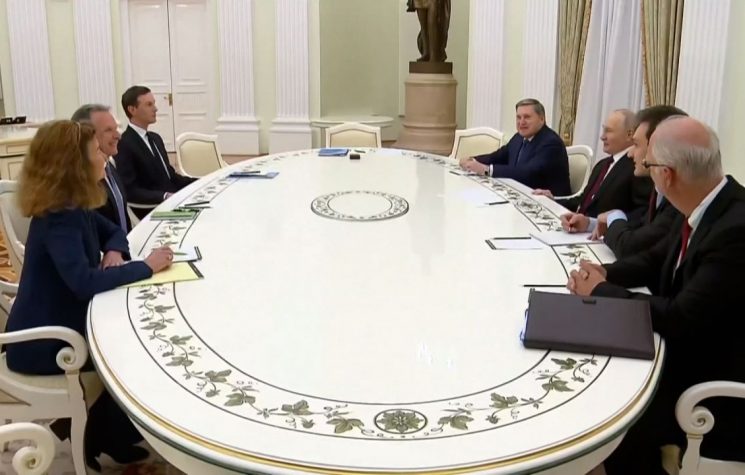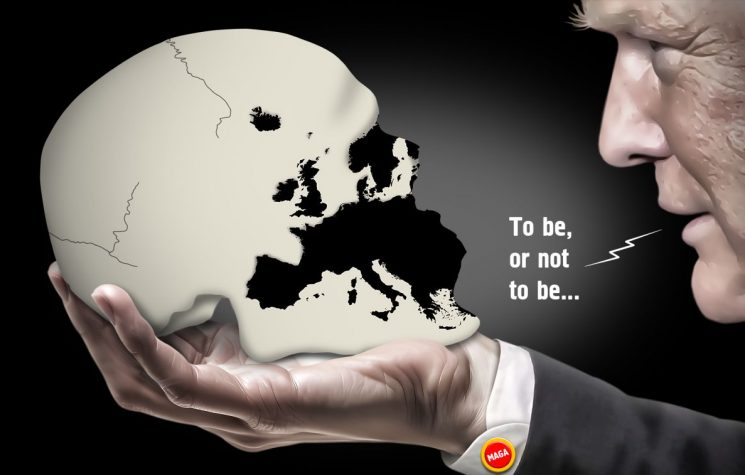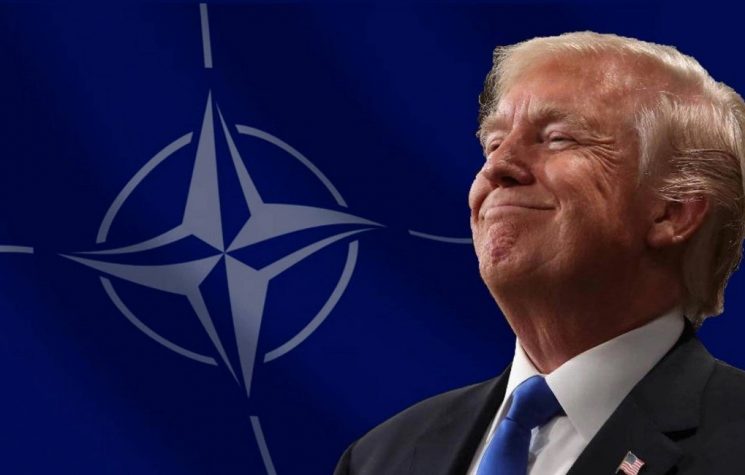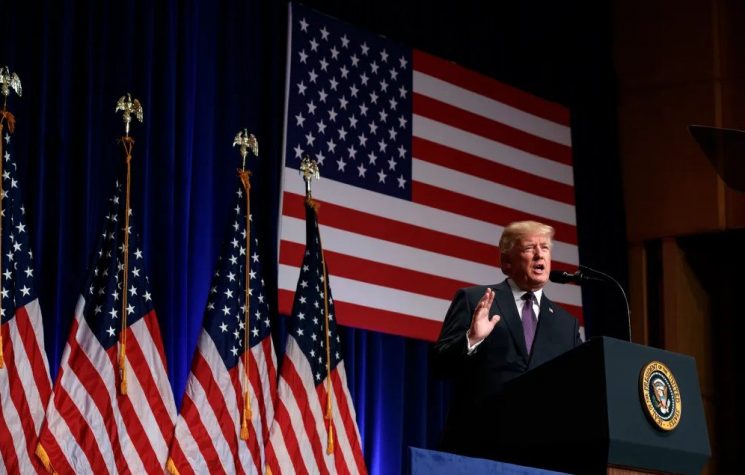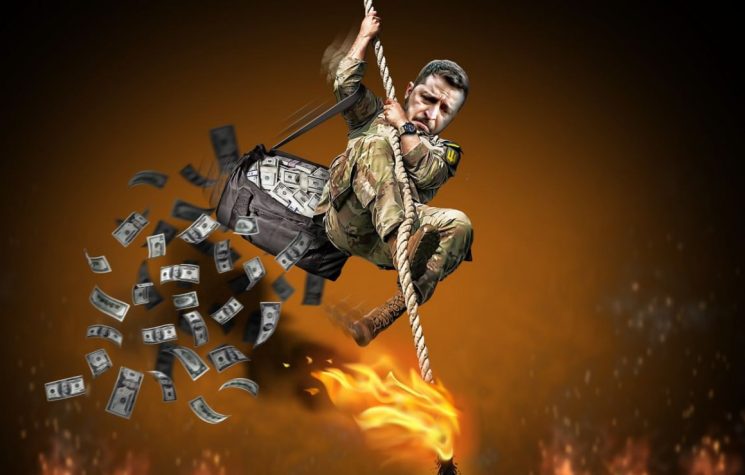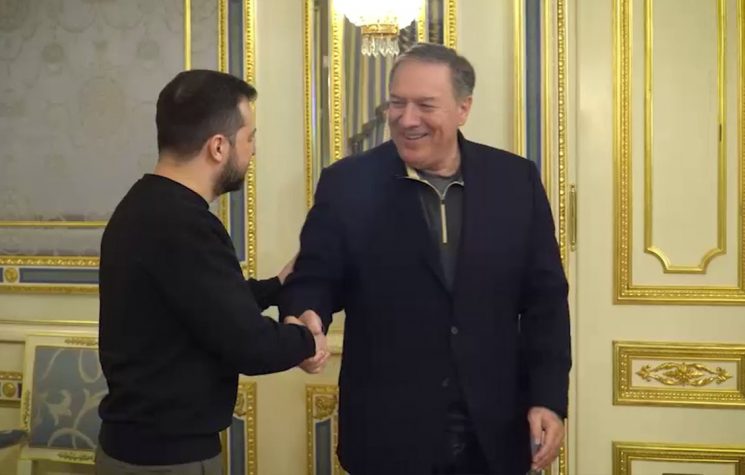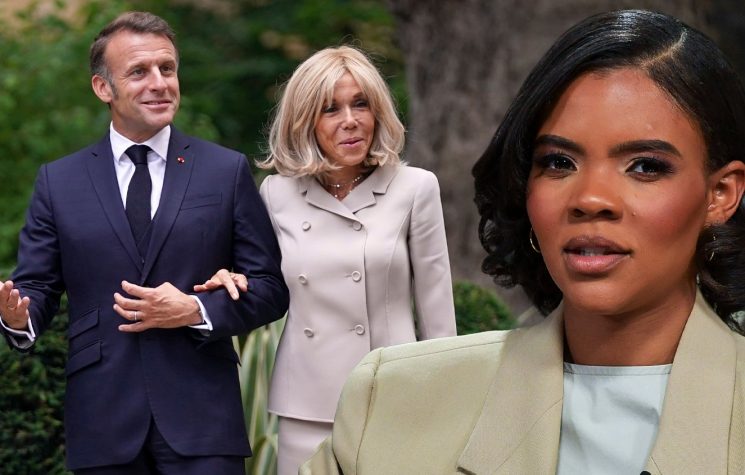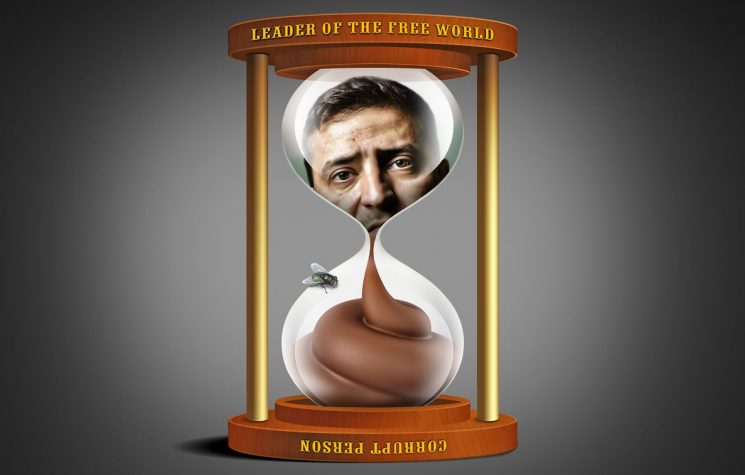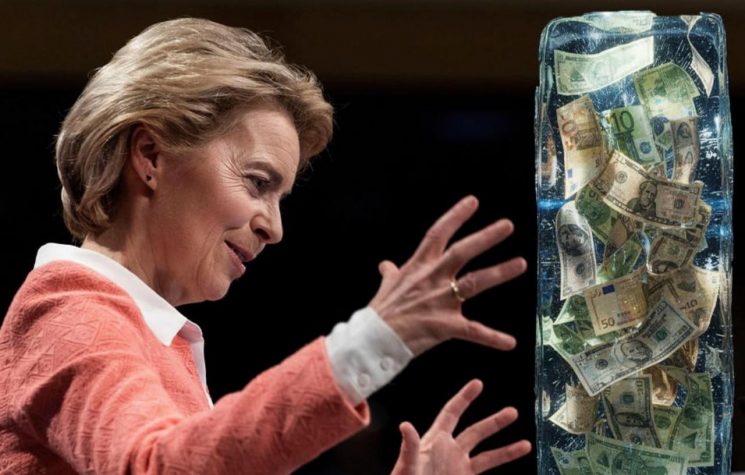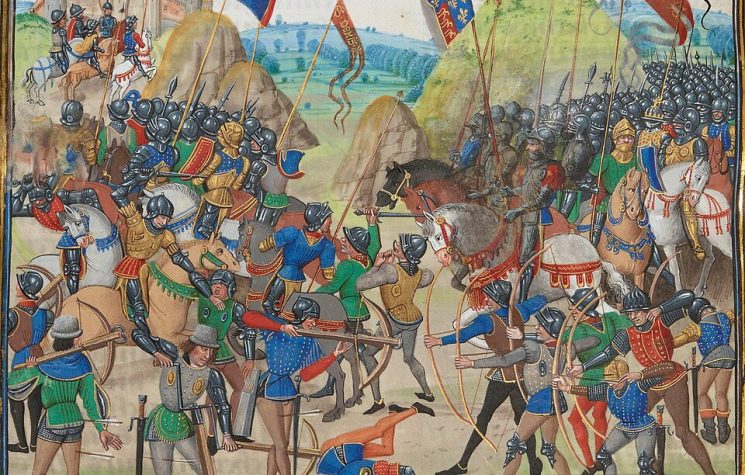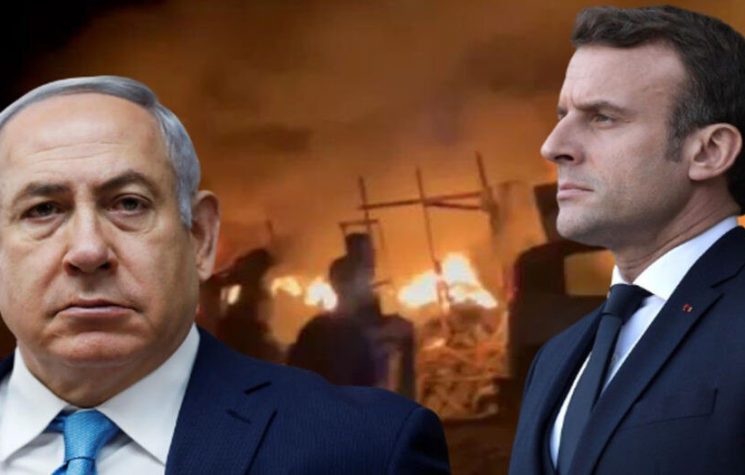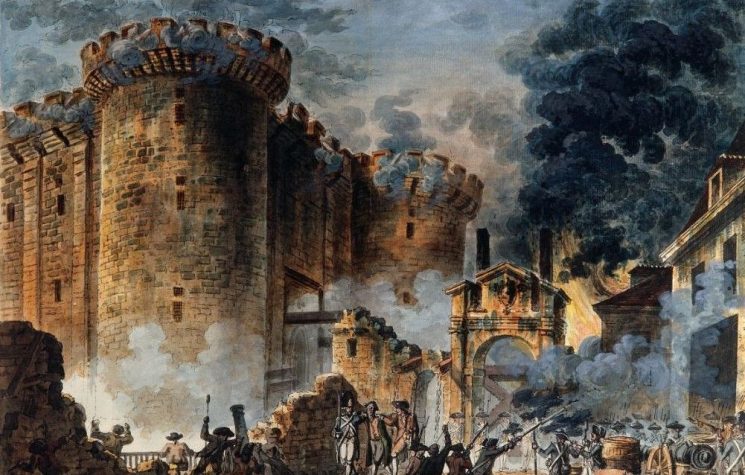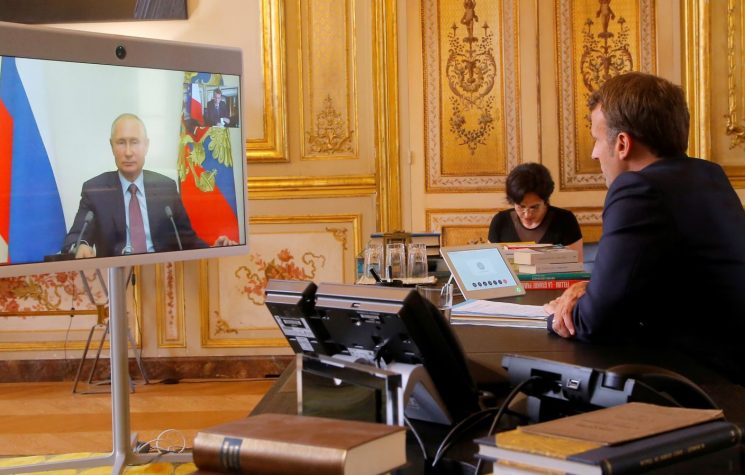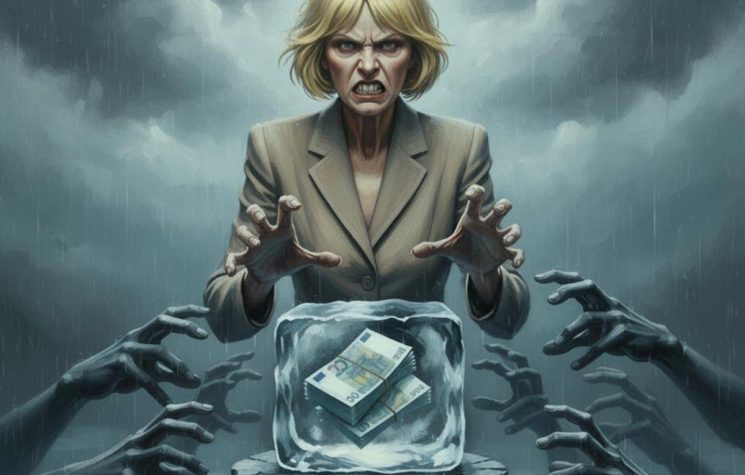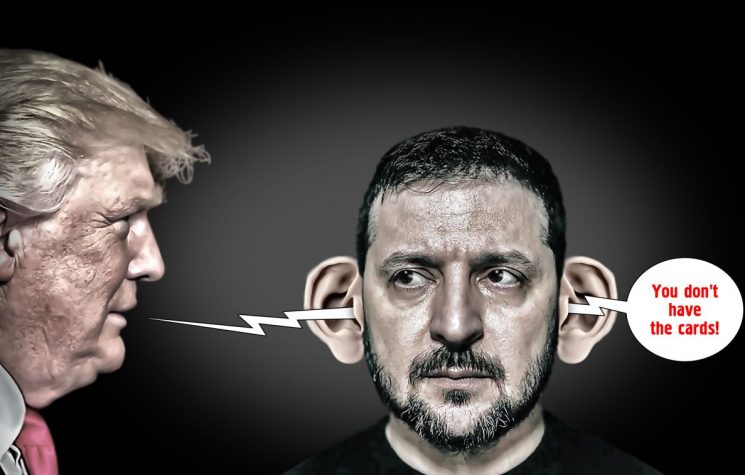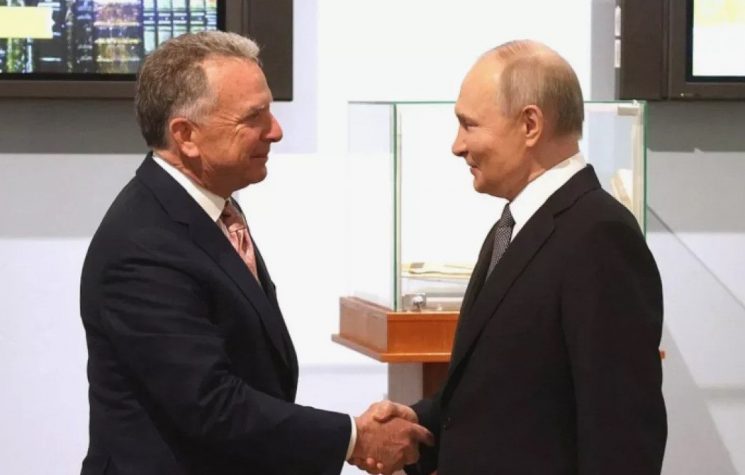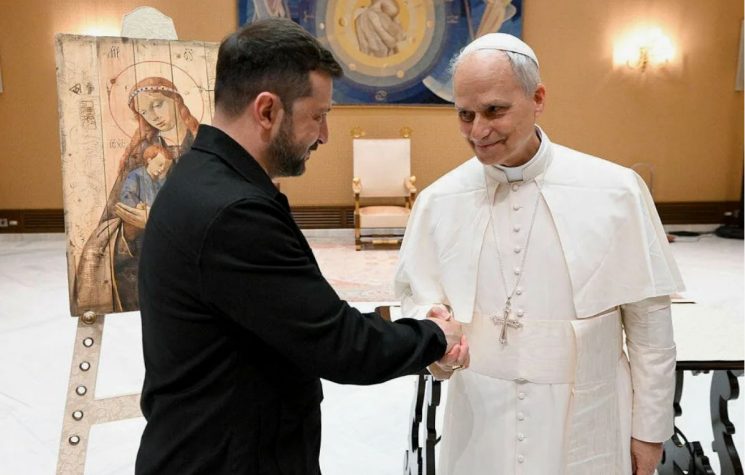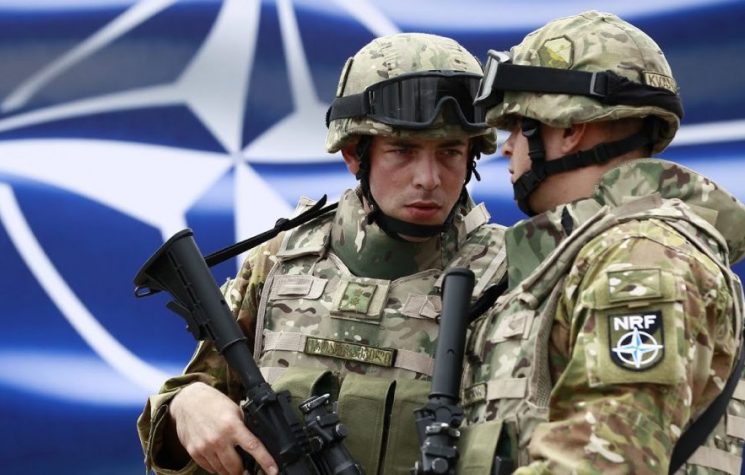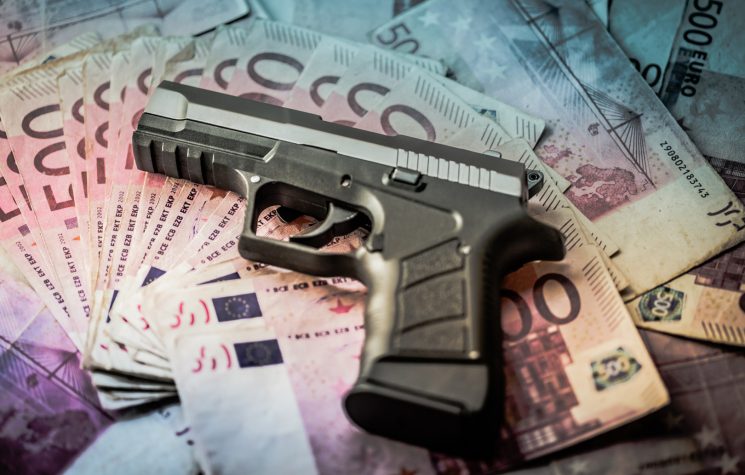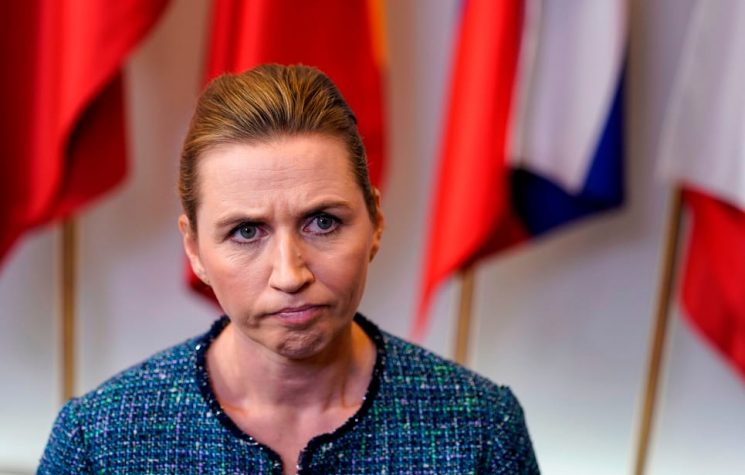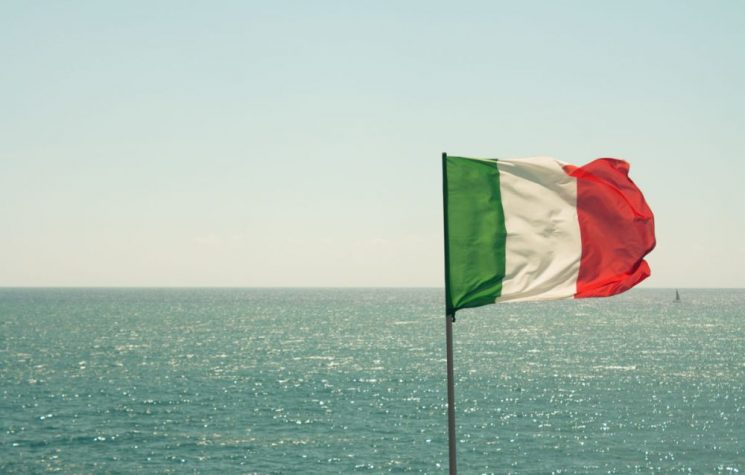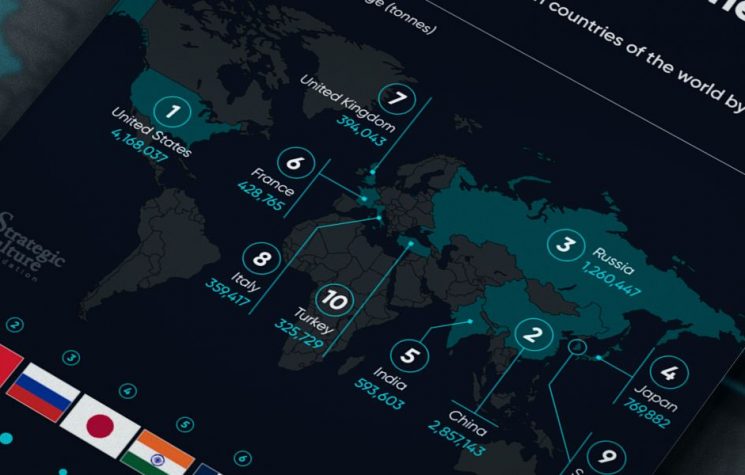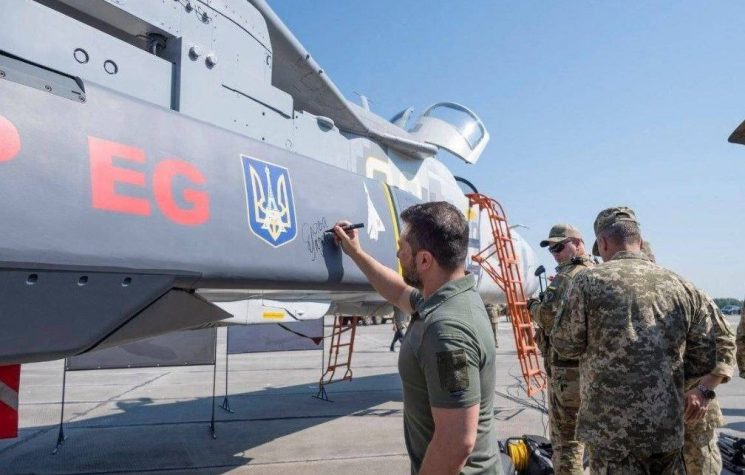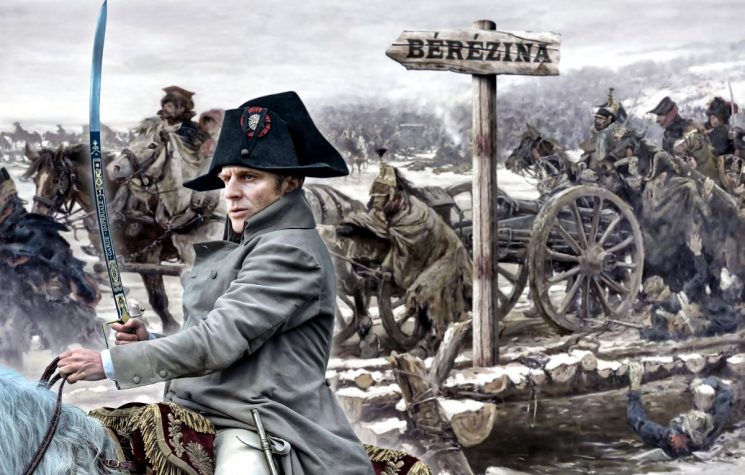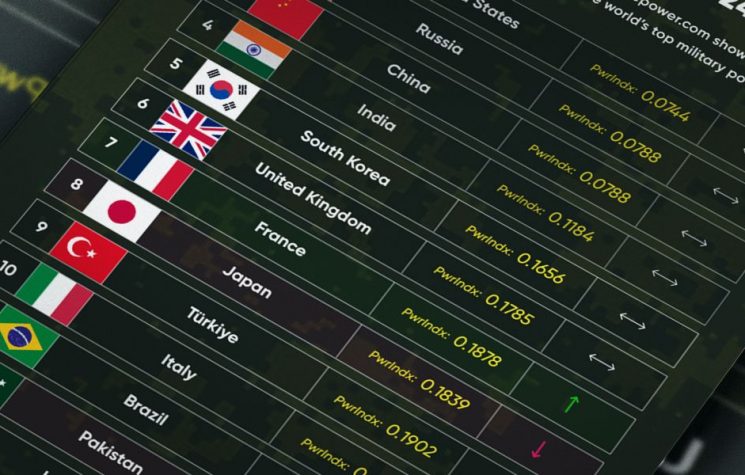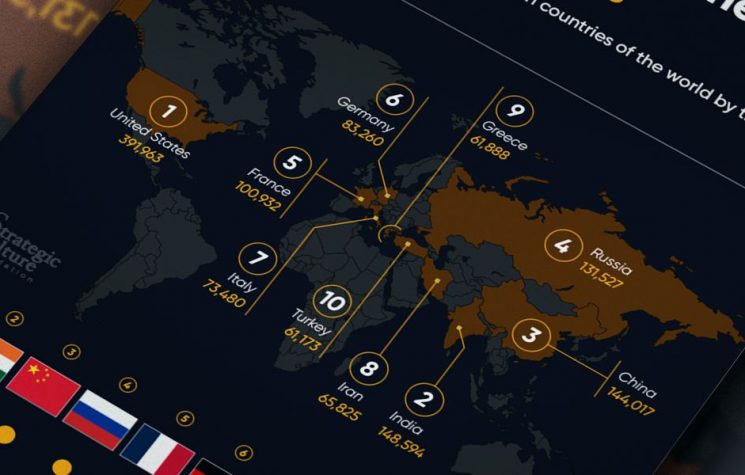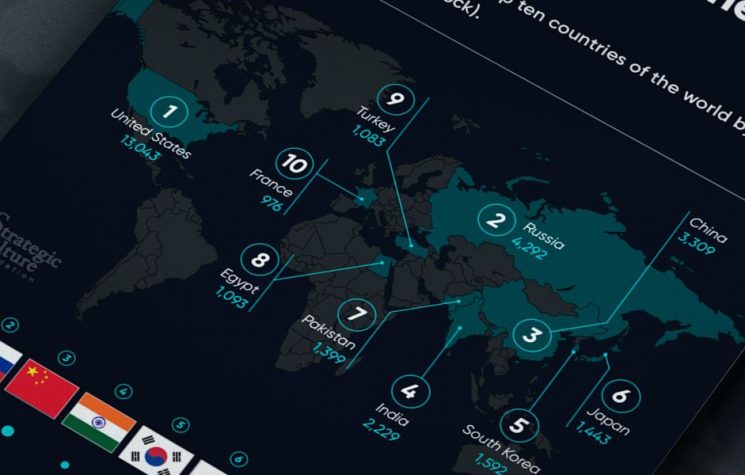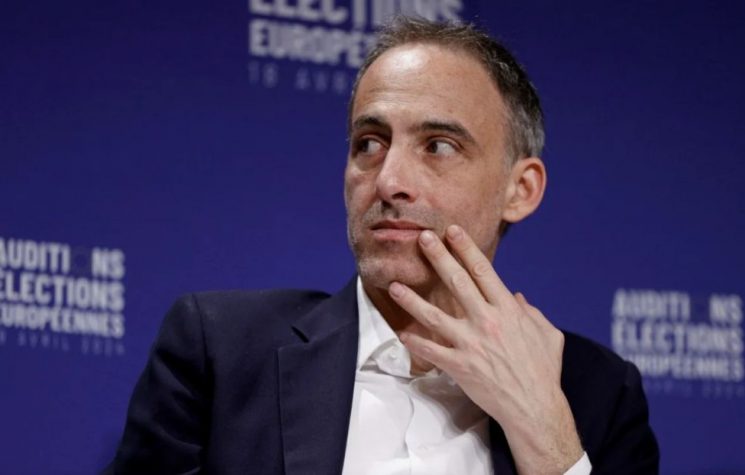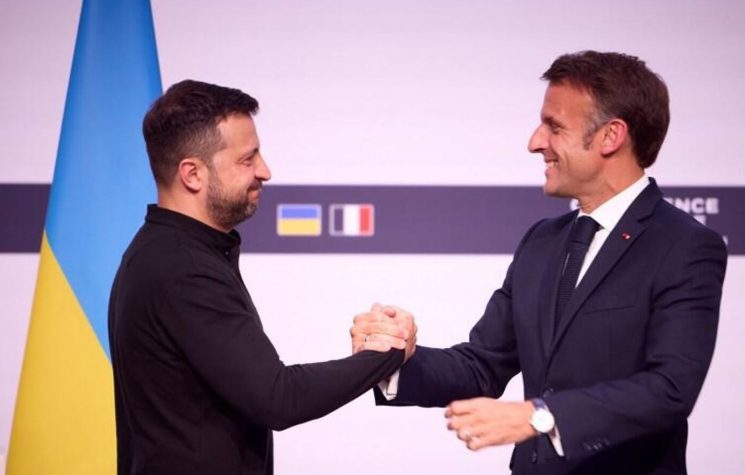Like Trump, Macron seems to want to do and say anything – no matter how absurd – to keep him on the front pages.
❗️Join us on Telegram![]() , Twitter
, Twitter![]() , and VK
, and VK![]() .
.
Contact us: info@strategic-culture.su
Emmanuel Macron is in the news again with his repeated suggestion that French troops could be sent to Ukraine to fight in the war there against Russian forces. This time it is in the supposedly prestigious British highbrow Economist, which is happy to repeat this empty mantra over and over again, largely, one supposes, as it supports a broader narrative of the EU which it is a servant of in Brussels. There is no relationship more unhealthy and repugnant than that of The Economist and the European Union with the former happy to play the role of free propagandist and PR enactor for the latter.
How Macron can keep repeating this entirely empty threat, which even he himself has admitted to a French magazine won’t happen, is astounding. Did someone ask him to do this once again and arrange it in The Economist? Perhaps at a high level in Brussels?
How else to explain this latest ejaculation of utter nonsense?
Perhaps unsurprisingly, Hungarian Foreign Minister Peter Szijjarto condemned the latest remarks and has warned such a move could ultimately spark an all-out nuclear war.
Speaking to French broadcaster LCI, Szijjarto strongly condemned the idea, saying that the French leader’s comments themselves have contributed to escalating the situation.
“If a NATO member commits ground troops, it will be a direct NATO-Russia confrontation and it will then be World War Three,” Szijjarto told the broadcaster.
Macron himself has moved on though since his original comments to the Parisienne magazine which kicked it all off a few weeks ago. The more recent interview with The Economist clearly shows that he has even reflected on his own rambling and looked deeper at how he could refine the narrative, presumably to get more attention on the issue. However, it’s an act of a desperate politician, which analysts interpret one of two ways; it is either a cry of help directed towards the Biden administration to do the very act themselves and send American troops there; or it is simply a PR stunt to keep him in the international press, a zone which is like a crack addiction. Like Trump, Macron seems to want to do and say anything – no matter how absurd – to keep him on the front pages, so to speak.
Of course, the reaction of Macron, desperate as it seems, is entirely logical when we consider the events on the ground. Russia is gaining territory so western elites have to prepare their media campaigns which deflect blame away from themselves which is partly what the cry from Macron and other EU leaders for expanding their militaries is all about. When Russia takes Kiev, they will all cry “we told you so” and keep on arguing for bigger military spending.
The narrative really is one of a loser. It is what you would expect from the losing side preparing to retreat and to save their political careers. Macron and most western leaders do not wish western media to point the finger at a series of catastrophic errors since day one, which have collectively contributed towards the retreat.
And so now, in The Economist, we see Macron define what he laughably believes could be the criteria for sending French troops to Ukraine: Russian breaking through the lines.
But even western media like The Economist knows that this is folly and the whole Macron game is really a pack of lies. And yet they keep the lies a live.
Perhaps, arguably, Hungary’s recalcitrant foreign minister also helps Macron and his ramblings muster credibility simply by rising to the bait and adding media oxygen. Szijjarto talks about the possibility of an all-out war if the French leader would go ahead with such a preposterous idea and mentions the use of nuclear weapons.
But is there something here that we’re all missing? A bluff which both Macron and Szijjarto are playing? You don’t have to look too far to see what it might be. NATO is planning to put together a proposal for a 100bn dollar war chest of cash for Ukraine and the fearmongering from Macron might be aimed at scaring Hungary into not going ahead with its veto to such a package – or rather aimed at other countries who would directly lobby Hungary to sign it off. No one in NATO’s headquarters in Brussels believes for one moment that France is capable of sending troops to Ukraine who would actually fight Russian soldiers and The Economist knows this only too well which is why it is call centre journalism on their part to print such garbage, which may well have been paid for from NATO’s pocket or Macron’s. Some NATO buffs, counting down the days to retirement will remember how over 20 years ago French soldiers tried to fight Sudan rebels and were reported to have fled the battlefield when they were actually fired upon with live rounds. We are all still having a great laugh about that on the dinner party circuit in Brussels even to this day.










